Mobile Food Truck Size
Mobile Food Truck Market Growth Projections and Opportunities
There are several factors that influence the mobile food truck market which define its nature and scope of responsibilities within the context of other related markets on a whole. The novelty and convenience of dining to the consumer are among the major drivers. Mobile food trucks provide a new and convenient method of delivering food to satisfy the appetite for variety in flavor on-the go. Therefore, market dynamics are inextricably linked to the changing needs and lifestyles of consumers seeking a more bespoke and seamless dining journey. Economic situations and opportunities related to entrepreneurship also affect the market dynamics that influence mobile food trucks. The relatively lower entry barriers compared to have traditional brick-and mortar restaurant makes mobile food trucks an attractive platform for aspiring chefs and entrepreneurs. Economy fluctuations and shifting employment patterns have a bearing on consumer spending thus influencing the mobile food truck market dynamics. Moreover, the interests of becoming an entrepreneur and coming up with various foods can be cited as some additional factors that influence diversity in food mobile trucks. In the mobile food trucks market, technological advancements and digitalization constitute an important factor for evolution. This integration of technology such as mobiles apps and social media is in use to capture larger markets, inform on products the operators are providing their clients. Further, online ordering and payment systems improve the customer experience in any industry. Mobile food truck business models are dynamic as they respond to changing consumer behavior and market trends through technological integration. Among the major determining factors for mobile food truck market dynamics are government regulations and permits. These elements of mobile food truck operation include location, regulation and permitting—factors directly related to the viability of business. The mobile food trucks compliance with regulation varies from region to the other and therefore following local rules is necessary for proper running of these business. The dynamics get affected by the regulatory system, and shifts in policies might alter food trucks accessibility as well as its working mechanism. Some of the market drivers influencing mobile food trucks are consumer trends in health and sustainability. Healthier food options, use of locally sourced ingredients and such sustainable practices are some aspects that have contributed a core influence for the menuing offered by mobile food trucks. To adapt to these trends, operators introduce new ingredients that are fresh and of high quality into their dishes for more health-conscious customers.
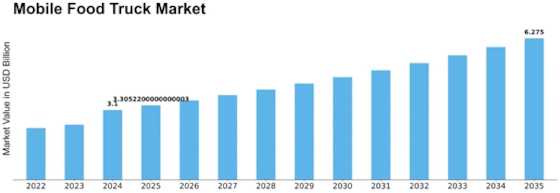


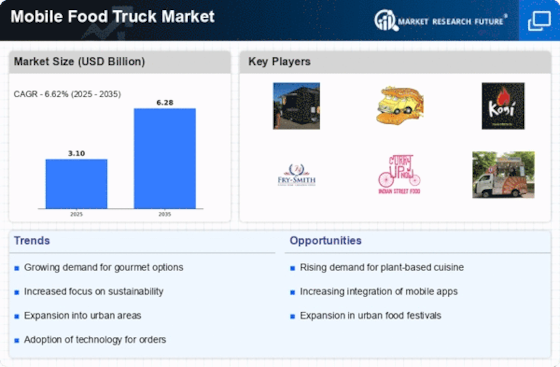
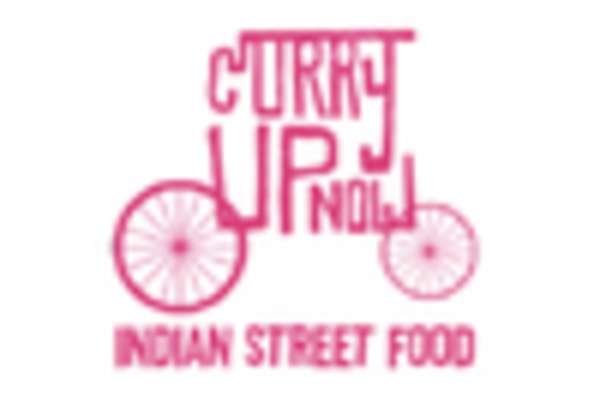
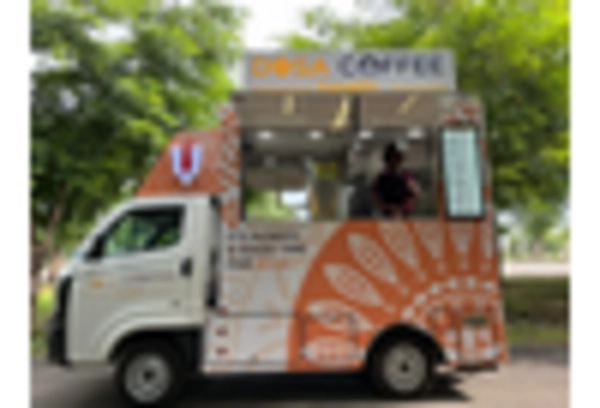

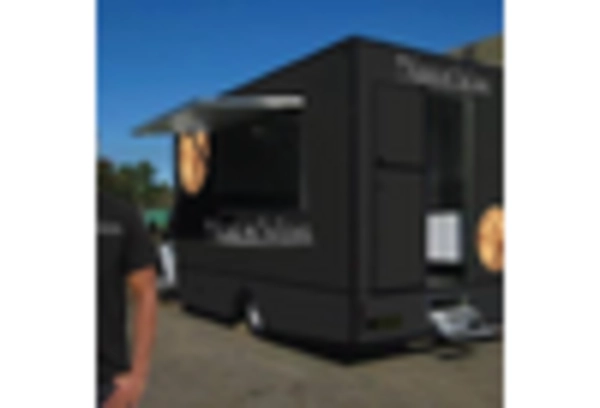
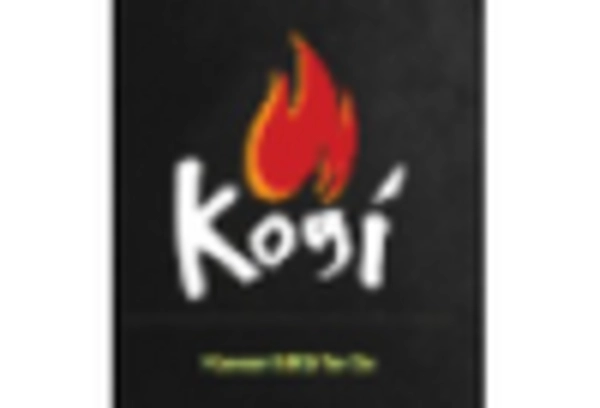











Leave a Comment